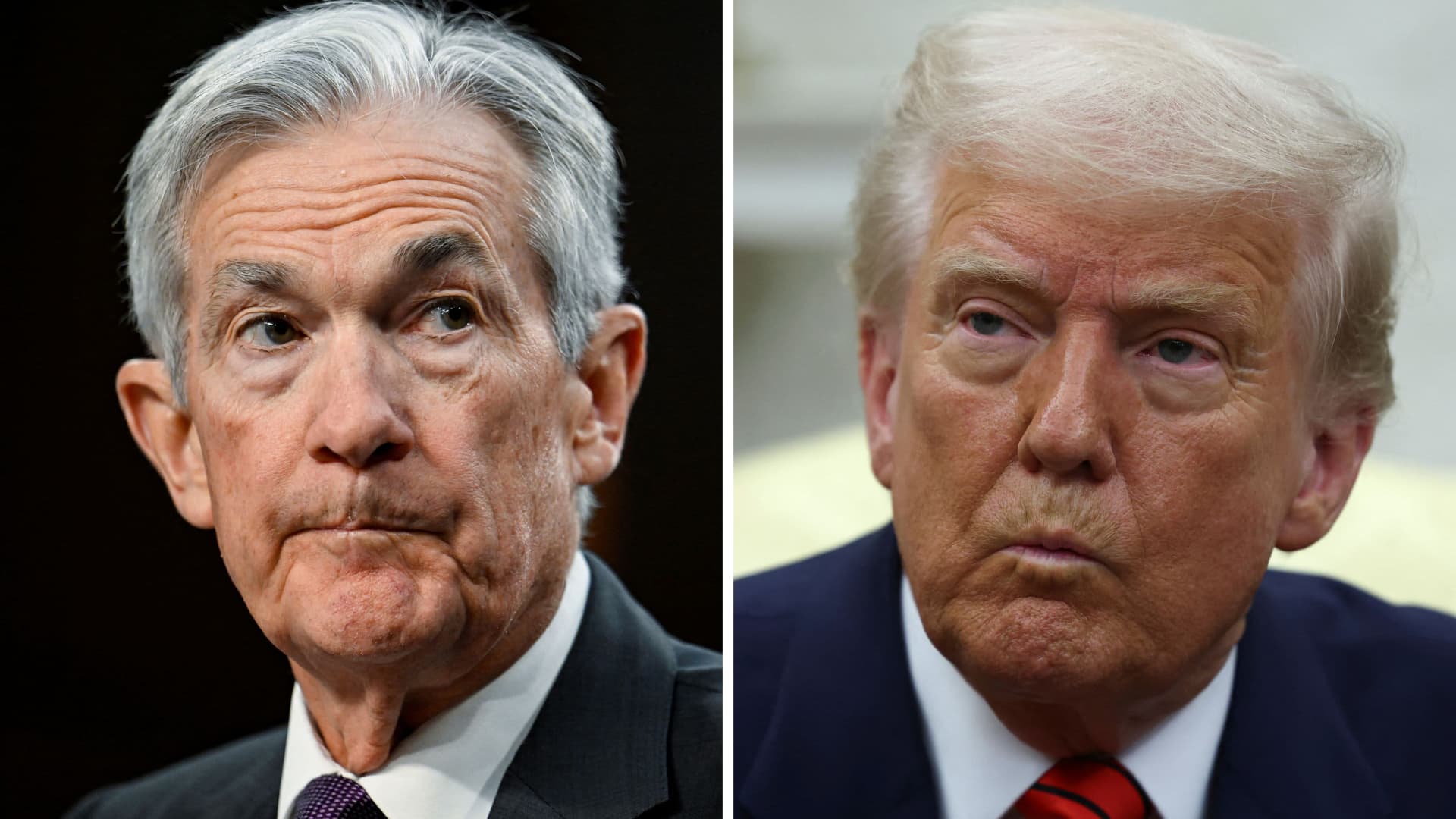Inflation, recession and stagflation won’t be the only driving forces behind investment decisions if President Donald Trump attempts to remove Federal Reserve Chairman Jerome Powell from his perch atop the central bank before he is set to step down. If the president were to fire the Fed chairman, I’d be inclined to recommend investors sell U.S. assets and find somewhere safer to place their hard-earned money. In the past, there have been Federal Reserve chairs who weren’t reappointed to the post. There was a scenario in which G. William Miller, who briefly led the Fed during President Jimmy Carter’s tenure, moved from that position after a year to become Treasury secretary. In doing so, he made way for legendary Fed Chairman Paul Volcker, who conquered historic inflation in the late 1970s and early ’80s, to take the helm at the central bank. Powell has said that the president cannot remove him under the law. The Fed chair has made it clear that he has no intention of stepping down if Trump asks him to. Adverse consequences for the economy I would urge every former Fed official and Treasury Secretary, regardless of party affiliation, to pen an open letter advising Trump against a move that would assuredly have long-lasting and adverse consequences for the U.S. economy, as well as the safety and soundness of Treasury bonds, the value of the dollar and other dollar-denominated assets. If Trump were somehow able to remove Powell before his term as chairman expires in May 2026, markets would likely view this harshly, as the critical independence of Fed policy-making decisions would be called into question. Further, Treasury Secretary Scott Bessent said that the that interviews with potential Fed chair candidates will begin in the fall . At one point, Bessent floated the idea of a “shadow” Fed chairman . Consider this a level of policy uncertainty that would be orders of magnitude larger than the current shakiness around trade policy. Trump has also said the president should have a “say” in the Federal Reserve’s decisions. Throughout modern economic history, the role of an independent central bank that remains largely apolitical is what stabilizes economies and markets. This also supports the plumbing and essential infrastructure of capitalist economies. I can think of no worse policy decision any president can make that would unsettle investors to a point where they could shun investing in U.S. financial assets, knowing that rank politics come into play when making critical monetary policy decisions. Maintaining the Fed’s independence is key To be sure, the Federal Reserve is not without blemish, nor has it always made the right call at the right time. However, politicians who are more focused on their own futures than those of the nation are even less likely to make the correct calls. That applies to all presidents – not just this one. Every president has the right to name the Fed chair of their choosing when the current central bank leader’s time is up. Consistent public criticism of the central bank and its leader – or threatening to install a Fed chair who will simply do the president’s bidding – is the equivalent of abandoning the gold standard for those who hold dear a rules-based decision-making process. Hopefully, there will be no early termination of Powell as Fed chair. Equally important, one also hopes that the next Fed chair shows the same resolve in maintaining the central bank’s cherished independence. If that is not the case, inflation, recession and stagflation will be the least of this country’s economic concerns. —Ron Insana is a CNBC contributor.





